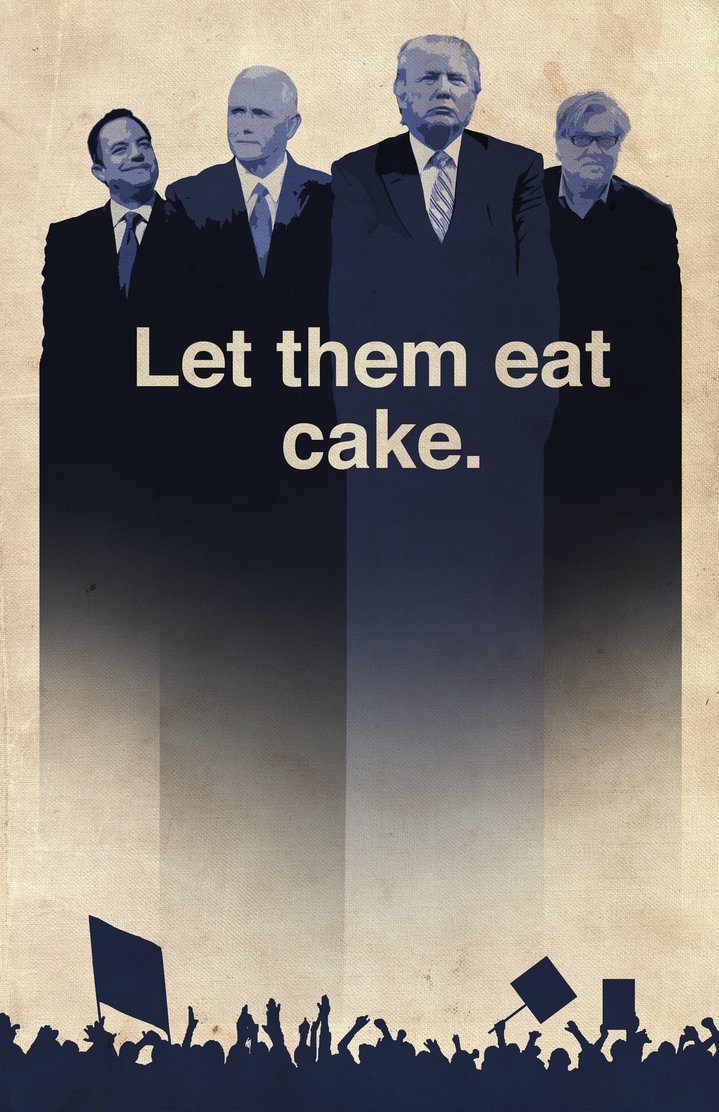I’m heartily sick of the income inequality that’s being experienced all over the world. People are suffering simply because corporate and individual greed has kept them down, and there’s no moral excuse for that. The poor are downtrodden, which is a fancy way of saying stepped on. They are oppressed, and of course that pressing comes from above.
Having grown up desperately poor, I know how many roadblocks are set in one’s path. People have been trained to assume that the economically disadvantaged got that way because of their own poor choices, laziness, criminality and/or drug abuse. Therefore, society is hesitant to give them a chance.
But those of us who grew up poor did not do so by choice. We were more likely to grow up in crime-ridden, gang-dominated areas, and are therefore presented with those paths as potential choices. If we have managed to keep our noses clean, so to speak, it’s because we have kept our heads down. Many poor people don’t present as self-confident because of this tendency to lie low, along with having borne the crushing weight of the biases of society. Who wants to hire someone who doesn’t seem self-confident? Lack of opportunities leads to even more poverty, and so the cycle continues.
Poverty means less access to health care, adequate housing, and advanced education. According to this article, poor males are twice as likely to be arrested, and poor females are five times as likely to bear children. Poor children are more likely to have divorced parents and come from homes full of family conflict.
According to Inequality.org, 55 percent of us on this planet hold just 1.3 percent of the global wealth. The richest 1 percent, those making more than a million dollars annually, hold 45.8 percent of the world’s wealth. The top 10 richest men (and yes, they’re all men, and yes, they’re all white) have more wealth than the country of Australia. And there are an additional 2745 billionaires in the world. What’s wrong with that picture?
Forget all the loopholes and tax laws. Forget sales tax and property tax and income tax. There should be only one type of tax- wealth tax. If your wealth is 354,000 times more than mine, then you should be paying 354,000 times more taxes than I do. By that philosophy, by my lazy calculations and lots of rounding, then Jeff Bezos owes this country $1,292,600,000 for the year 2020 alone. Cough it up, bro. You wouldn’t even feel it.
Most poverty could easily be fixed if the richest people in the world didn’t cling so tightly to money, and instead gave their employees a living wage. And yet none of them are going to voluntarily do so. Ever. That’s why unions are so important.
No human being on this planet needs a billion dollars in order to live a lifetime of comfort, health, and security. So why is it so important to these men to hold on to their wealth so tightly? It’s not a matter of necessity. They do so because they can.
We need to stop politically supporting the ultra-rich. But I don’t see that happening anytime soon. They control the narrative, so they control us. It’s horrifying how many poor people are duped into the support of the wealthy.
Did you think I was going to provide a solution here? I’m sorry. I am open to suggestions, though.
Meanwhile, we need to stick together. There’s strength in numbers, or the 1 percent wouldn’t be so hellbent on preventing our unity. We need to lift each other up, instead of trying to stand on those below us in order to participate in the illusion that we’re on top.
The things that I do to lift others up are mere drops in the thirsty bucket of desperation that is humanity. But at least I’m trying. According to this article, the rich give about 3 percent of their income to charity, whereas the poor give as much as 5 percent, and it’s safe to assume that they need it more. The greed of the wealthy is what kills us.
There are also ways to help people financially while hardly feeling it yourself. Since 2006, I have given 96 microloans through Kiva.org. Using the same $25 over and over and over again as the loan gets repaid, I have donated $2,525 dollars to women in 70 countries around the world. (I choose to focus on women because I believe that women tend to bear the brunt of poverty, and they also tend to invest more of their income into bettering their communities by providing increased education and health to their families.)
Twenty-five dollars may not seem like much to you or me, but consider what it would mean to a woman in Papua New Guinea, for example, where the average annual income is just US$2,400.
Here’s the story of Roselyn, the latest woman that I’ve given a loan to:
Roselyn is 45 years old and is from Kolipling village, Minj Jiwaka Province. She resides in Gerehu, Port Moresby, National Capital District.
She has been involved in rental rooms and the poultry business for more than 4 years. She is a very active woman and she also travels out of Port Moresby to do her sales at the mining sites.
Through the sale of matured birds, she will be able to make good income which supports her business. Thus, she is seeking fund assistance to expand her poultry business.
I wish Roselyn the best of luck in her endeavors, and hope my contribution makes an impact, because I truly believe that when any of us rise, we all rise. If you would like to make a Kiva microloan, check it out here. Tell ’em Barb sent you! And thanks in advance.
Hey! Look what I wrote! http://amzn.to/2mlPVh5











